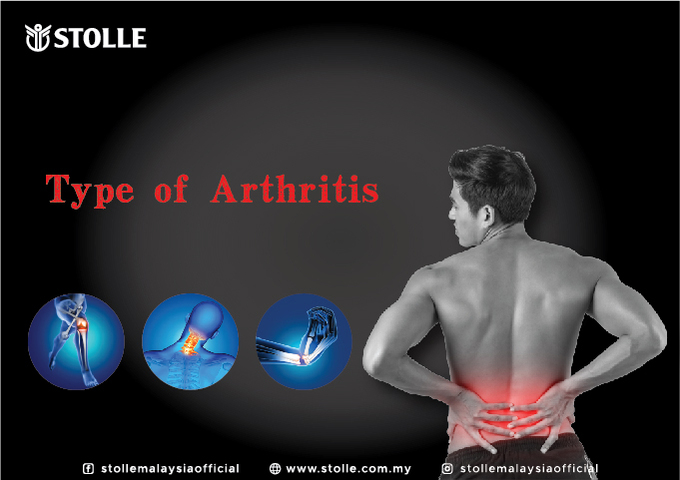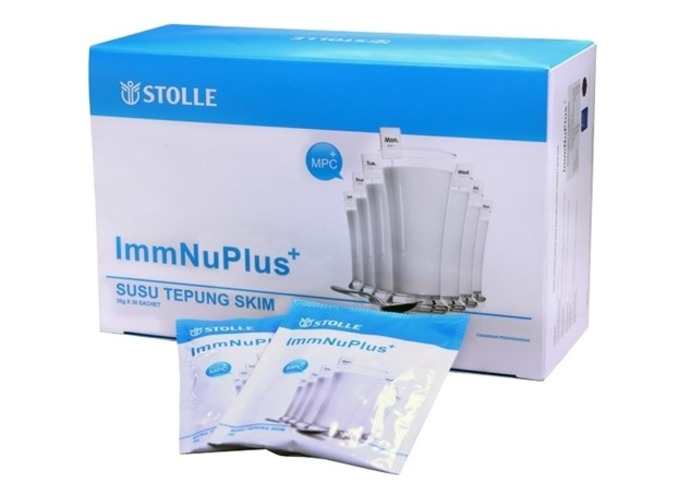

Let's Differentiate the Types of Arthritis
Arthritis is an inflammation or swelling affecting one or more joints. It describes more than 100 conditions that involve inflammation and damage in the joints, the tissues around the joint, and other connective tissues. Specific symptoms vary depending on the type of arthritis, but usually, joint pain, stiffness, and swelling are the most common symptoms of arthritis.
The most common types include:
- Osteoarthritis (OA)
- Rheumatoid arthritis (RA)
- Gout
- Ankylosing spondylitis
|
|
Osteoarthritis (OA) |
Rheumatoid arthritis (RA) |
Gout |
Ankylosing spondylitis |
|
Overview |
Osteoarthritis is a degenerative joint disease that can affect the many tissues of the joint. It is the most common type of arthritis. |
Rheumatoid arthritis (RA) is an autoimmune disease, in which the body’s immune system attacks its own healthy cells for an unknown reason, causing inflammation (painful swelling) in the affected parts of the body |
Gout develops in some people who have high levels of uric acid from the breakdown of purines. The high uric acid form needle-like crystals that can lodge in joints, causing sudden, severe pain and swelling. |
Ankylosing spondylitis is both an autoimmune type of arthritis and a chronic (long-term) inflammatory disease that affects the joints of the spine, especially the sacroiliac joints at the base of the spine. |
|
Risk Factor |
|
|
|
|
|
Sign and symptoms |
|
|
|
|
|
Commonly affected body part |
hands, hips, and knees. |
joints in the hands, wrists, and knees. |
Fingers and toe (especially big toe) |
the joint between the base of the spine and the pelvis |
|
Health effect |
- Obesity, more likely to develop high cholesterol, type 2 diabetes, heart disease, and high blood pressure. - Diabetes - Heart Disease - Fall |
|
|
|
Stolle ImmNuPlus is a natural immune milk product that remains the natural nutrient from milk and is rich in immunonutrient (antibodies, anti-inflammatory factors and lactoferrin, etc.) help to balance your immune system.
Studies have shown that drinking ImmNuPlus, Stolle Immune Milk every day helps to activate immunity, keeping your immune system at a well-balanced state and reducing inflammation caused by diseases such as osteoarthritis and rheumatoid arthritis.
Besides, studies showed that milk may also stimulate the excretion of uric acid by the kidneys, and skimmed milk may help reduce painful gout flare-ups. It is recommended to take 200ml low-fat or skimmed milk daily to reduce the risk of gout and obtain nutrients such as calcium and protein.
Grab yourself a glass of ImmNuPlus today to improve your health condition and relieve your pain from arthritis!








